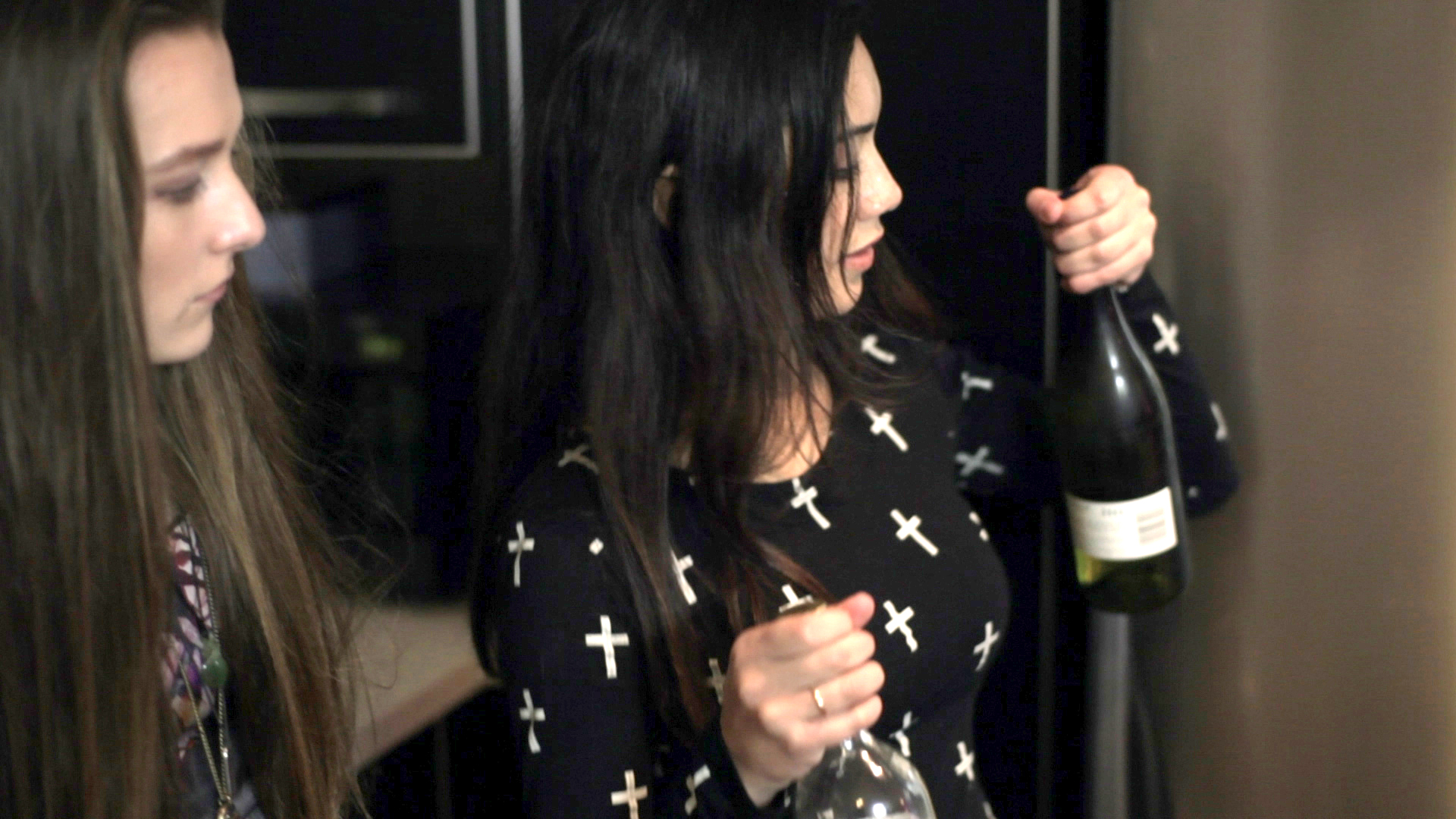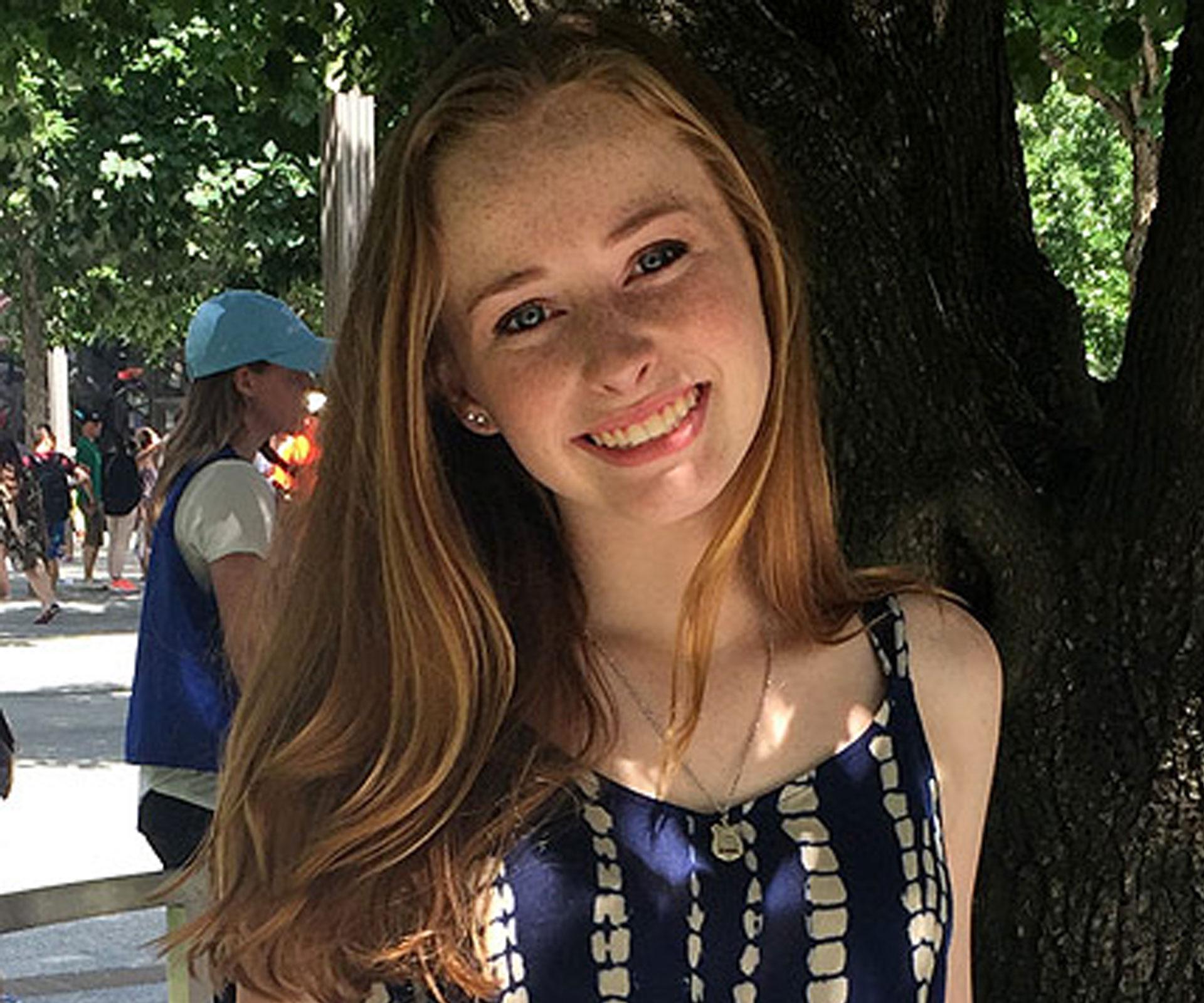My son is going through a divorce. He is drinking more and more. I’m worried about him and the effect it’s having on my 13 and 15-year-old grandchildren. I don’t want them to start drinking too. What should I say to them?
It’s really good that you’re aware of your son’s drinking and the impact, not only on him, but on your grandkids,” says Renee Haiu, a counsellor from Youthline and a member of the Common Ground youth mental health advice panel. “It can be hard to know what to say, but just asking how they’re doing and listening to them allows them to identify for themselves what they need,”explains Renee. “There’s no ‘one-size fits all’ approach.”
[Photo Credit: Common Ground (above)]
“Bring up the subject somewhere they feel comfortable and safe – perhaps during lunch or dinner when they are at your house without their parents,” suggests Ana Bogdanovic, an information resource specialist at the Mental Health Foundation and fellow panellist. “Spending time with them over a meal gives them the space and opportunity to open up. Some of the best conversations can happen around the kitchen table.
“Remember, it can be hard to get kids to talk openly,” says Ana. “Don’t pressure them and don’t criticise either of their parents. Try to be nonjudgmental. Let them know it’s okay to express themselves and really listen to what they are telling you.”
Jonathan Selu, from the Mental Health Foundation, adds that it would be understandable if the kids were angry about the divorce and their dad’s drinking. It could lead them to either shut down or begin acting out.
“They may start thinking, ‘If Dad can drink lots, so can I,’” says Jonathan. “His behaviour can be seen to be condoning the use of excessive alcohol. Talk to them about how it’s not okay but don’t turn them against their dad.”
“Let them know it’s okay for them to express their feelings,” suggests Jenny McIntosh from the Skylight resource and information centre. “You don’t need to know how to fix it – just how to listen and be there for them.”
One way grandparents or other family members can support kids is by helping them stick to their usual routine and providing as much stability as possible. “They need to have some kind of coping strategy, and part of that is knowing there is an adult they can talk to who won’t judge them,” says Ana. “As their grandmother, you can provide them somewhere safe to go.”
For more information or to ask for advice from the Common Ground panel, visit commonground.org.nz.


